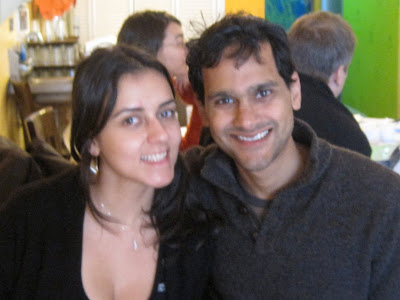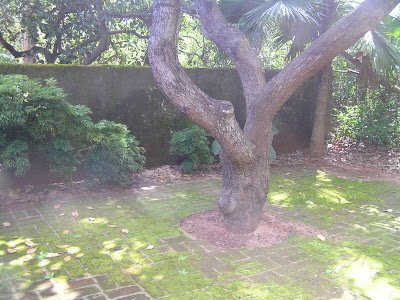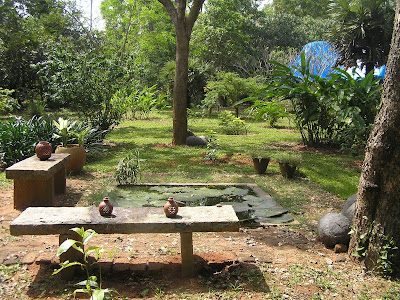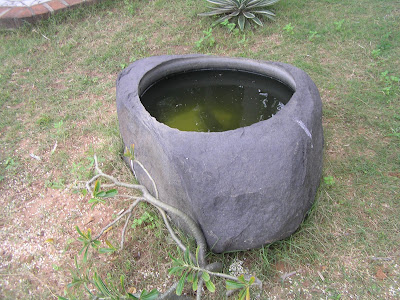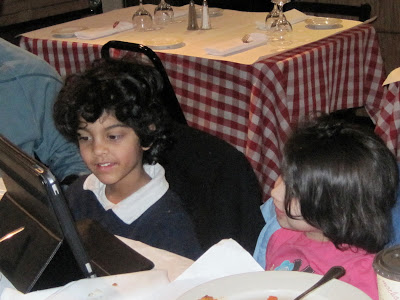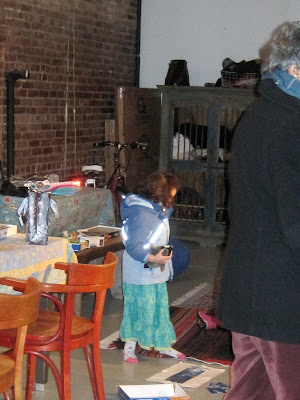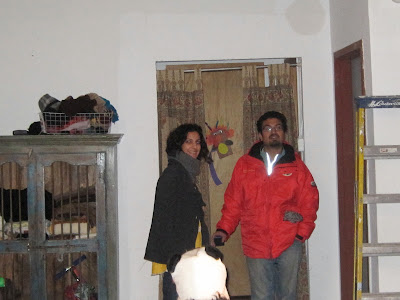
Posts
Showing posts from January, 2011
Edwidge Danticat in Guernica
- Get link
- X
- Other Apps
We Are All Going to Die Nathalie Handal interviews Edwidge Danticat, January 2011 One year after the earthquake that devastated her native Haiti, the novelist on rebuilding the island, art in a time of trouble, and inhabiting bodies. “Haitians are born surrealists,” says Edwidge Danticat (quoting a friend). It’s a surrealism found in le quotidien. In Haiti it’s common to see a peasant sleeping in a tight space—the author and MacArthur Fellow explains—his toe on a poster of Brigitte Bardot’s eyes. Or a one-room house with Paris Match collages all over its walls. Art is at the heart of the island’s daily life and the most nuanced and powerful ambassador Haiti has, she tells us in her latest book, Create Dangerously: The Immigrant Artist at Work. But what can art solve in this country’s present? On January 12, 2010, a devastating earthquake followed by more than fifty aftershocks ravaged the island, leaving an estimated three million people affected—over two-hundred thousand dead, three-h...
Vivek Wadhwa on why American education is still much better
- Get link
- X
- Other Apps
U.S. Schools Are Still Ahead—Way Ahead America's alarm about international rankings of students overlooks some critical components of our education system, Vivek Wadhwa says By Vivek Wadhwa TECHNOLOGY America has an inferiority complex about its education system. You hear the sirens every year, when the OECD Program for International Student Assessment (PISA) releases its annual test results. Finland, South Korea, and Singapore usually come out on top; we start blaming our K-12 teachers for not teaching enough mathematics and science; we begin worrying about the millions of engineers and scientists China and India graduate. This year the big surprise was that Shanghai garnered first place in the PISA rankings. Then The Wall Street Journal ran a story on the home page of its website titled "Why Chinese Mothers Are Superior." The Journal article claimed that Chinese (and Korean, Indian, etc.) parents raise "stereotypically successful kids"—math whizzes and music ...






